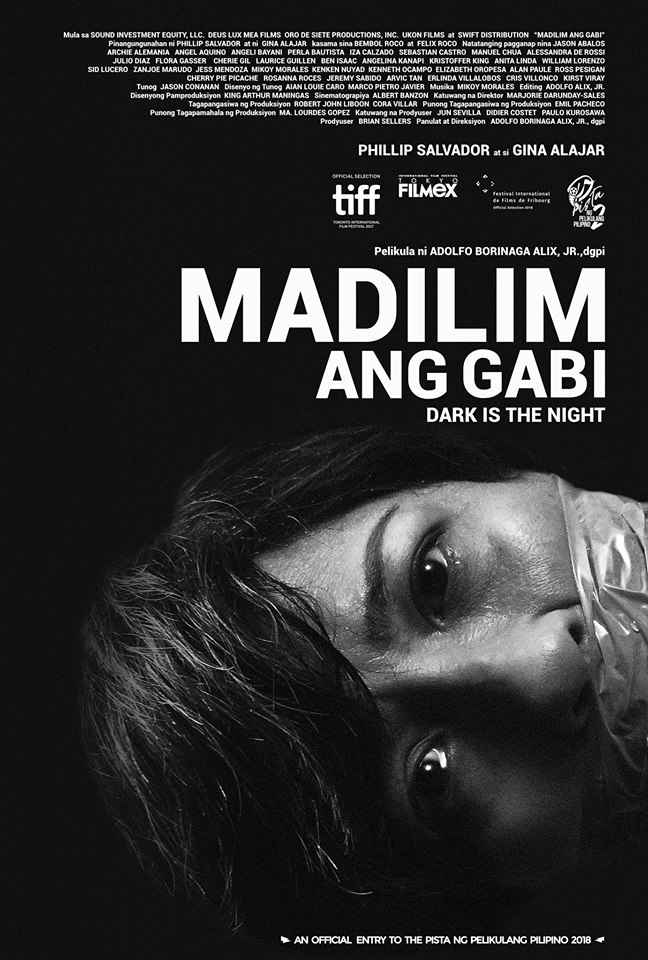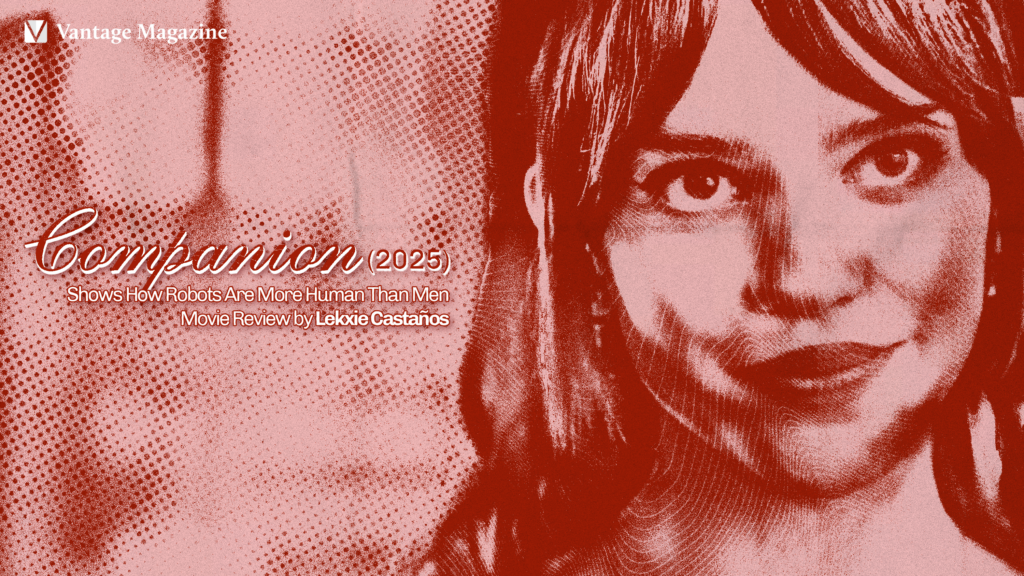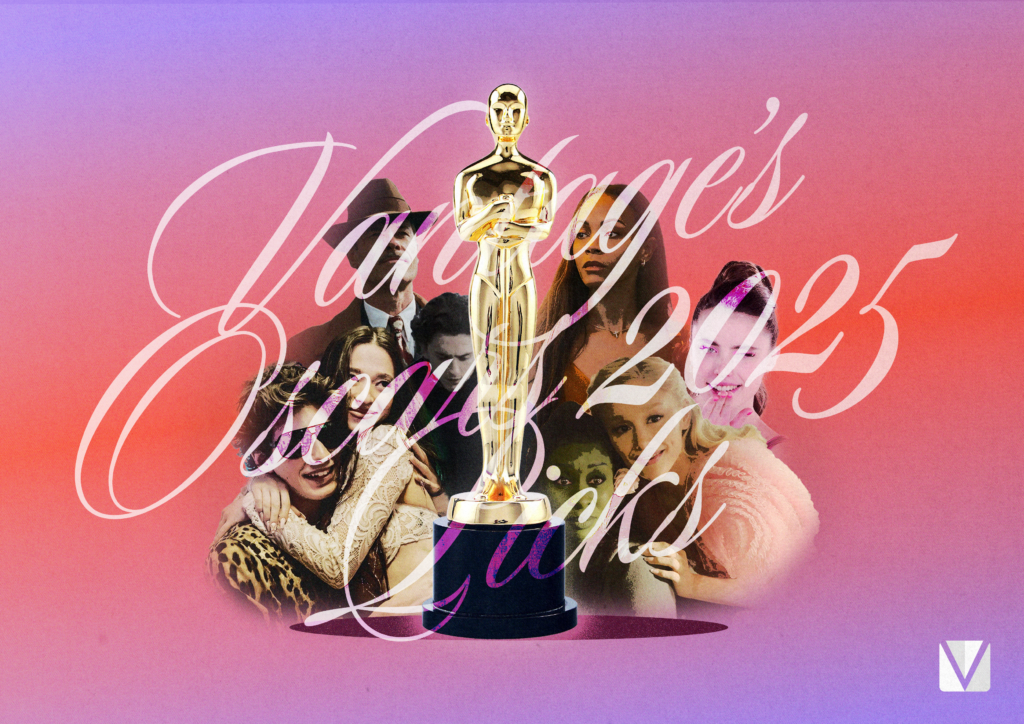
It is never uncommon for films to tackle current events and social issues. Erik Matti’s Buy Bust (2018) which features an anti-narcotics squad fighting through the slums of Manila, and Zig Dulay’s Cinemalaya entry on OFW abuse, Bagahe (2017), are recent examples that come to mind. Adolfo Alix Jr.’s Madilim ang Gabi takes on a similar challenge by shedding light on the situation of drug pushers during the war on drugs. Set in modern-day Manila, the film follows how the war affects the lives of those most vulnerable to its agenda—the less-fortunate Filipino man and woman.
Sara (Gina Alajar) and her husband Lando (Phillip Salvador) are pushers in Manila’s drug trade. Just as soon as they attempt to leave their criminal lives behind, their only young adult son Alan (Felix Roco) goes missing. At the risk of their own safety, the couple revisits their old trade network to ask for help. What ensues is a long and difficult search for a loved one who may never turn up.
Alajar delivers a strong performance as the mother in distress and conflict. She is able to carry the film from beginning to end, guiding the audience through her character’s emotions as she struggles to find her son. Salvador’s portrayal of Lando, on the other hand, is slow and calculated. He seamlessly transforms Lando from a parent who has little regard for what his son does, to a man desperate to keep his family safe even if he has to risk his own life.
Unfortunately, the cast’s stellar acting is unable to save the film from its dragging scenes. There are several shots that focused on the characters doing menial tasks, like eating street food and walking around. These could have been removed because they did not add much to the plot’s entirety. It also felt as if there were too many characters being introduced throughout the film—many of whom were never seen from or heard of again.
Alix’s artistic direction gives way to a more personal connection with the film’s viewers. Unsteady camerawork creates the illusion that the audience sees from the protagonists’ point-of-view, and the characters’ emotions are amplified by tight close-up shots that zone in on each and every expression. Changing colors also aided in communicating the moods of various scenes and characters. Orange tones and sunlight depict the more relaxed parts of the movie, usually set in the protagonists’ house. Blue and green hues, on the other hand, indicate the presence of tension and desperation during climactic scenes.
Several interspersed audio clips from news reports and actual speeches delivered by President Rodrigo Duterte allow for a more impactful delivery of the message. The film features little to no music, with non-dialogue sounds coming from the settings, such as cars and conversations, and the President’s voice.
Madilim ang Gabi does not back down from the grim nature that plagues our country’s current situation. It questions powerful authority figures and illuminates what life might be like for those most affected by the drug war.
Make no mistake: there is no happy ending to this film. Its darkness carries over into the end credits as a recording of the President’s speech plays in the background, making it a film that will echo in the audience’s minds for quite some time.
Photo retrieved from the Pista ng Pelikulang Pilipino Facebook page.





